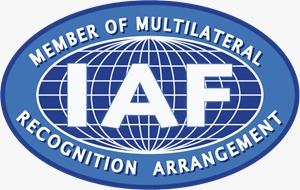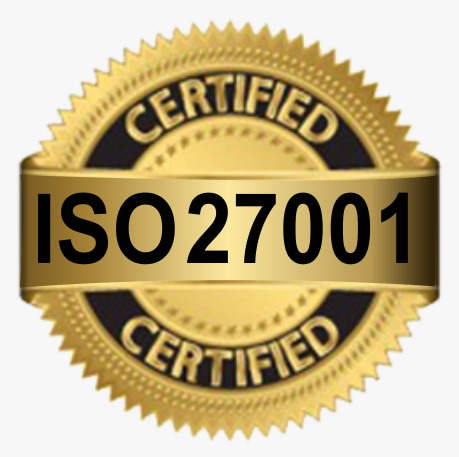Introduction
A Package Policy is a type of insurance policy that usually includes more than one kind of insurance coverage. The most common Package Personal Insurance Policy combines property coverage, such as for buildings or business contents, with liability coverage or such as premises liability or product liability.
One advantage of packaging coverages is the cost. When a single company can provide coverage for several lines of business, such as property, liability, business income, and so forth, they can offer pricing considerations.
How does a Package Personal Insurance Policy work?
A Businessowners Policy (BOP) is the most common and broadest type of Package Policy, but other policies comprise the majority of commercial insurance programs when more than one line of insurance is written by the same insurance company.
For example, a company with no property except a marine and liability exposure could have a Package Policy covering those two lines. This policy may be used when the business doesn’t qualify for a BOP.
Two coverages included in a BOP that might need to be priced specifically are business income and product liability. For example, many restaurants use a Package Policy because the product liability – food poisoning or choking – needs to be specifically rated. Similarly, some businesses have such large business income and extra expense needs that this coverage also needs to be rated specifically.







Leave A Comment